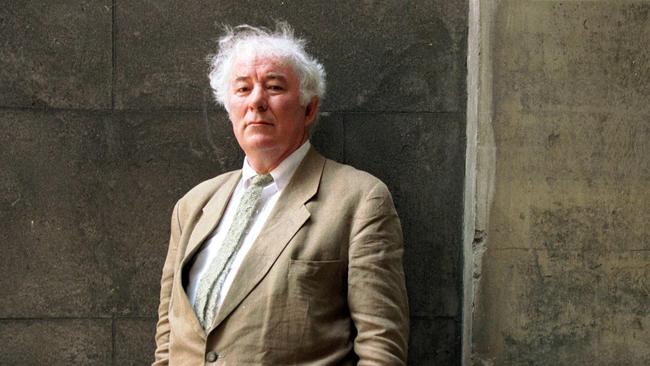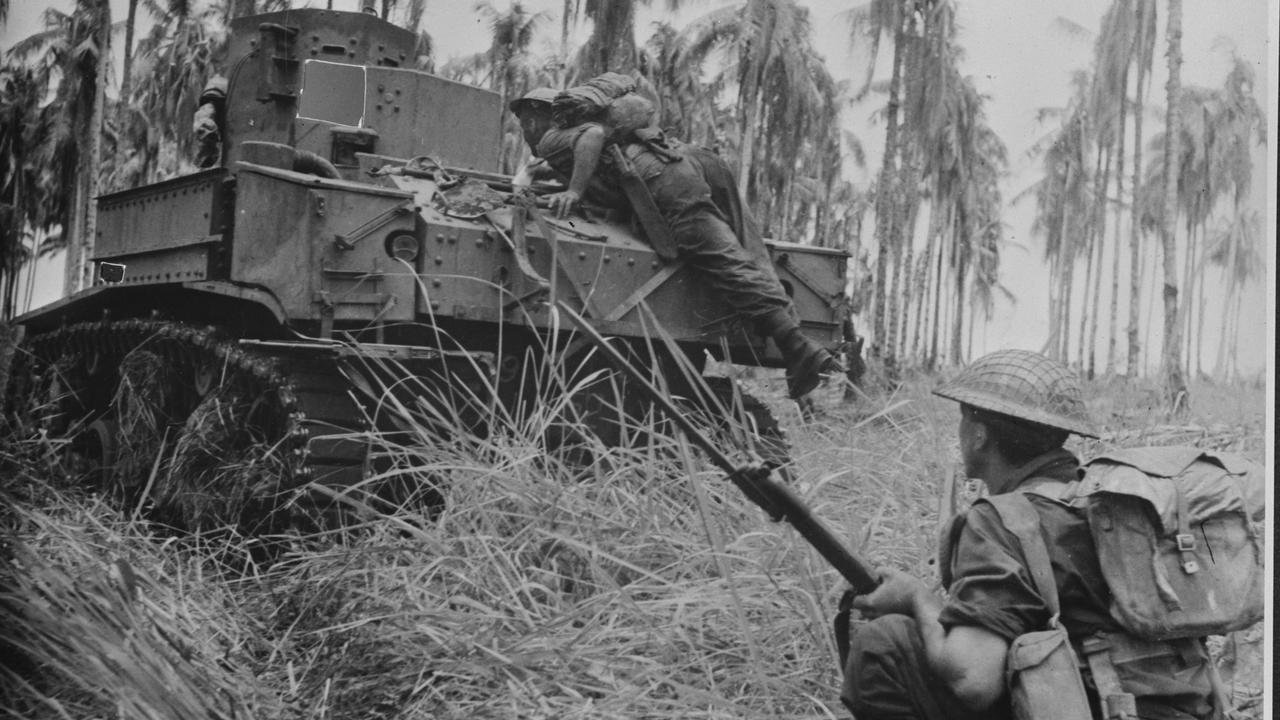Anthony and Ben Holden’s poetry book is a whole new bawl game
WHAT a wonderful idea for a book is Poems That Make Grown Men Cry: 100 Men on the Words That Move Them.

WHAT a wonderful idea for a book is Poems That Make Grown Men Cry: 100 Men on the Words That Move Them, reviewed this week by the stoic yet sensitive James McNamara.
One of the aims of the book, which is backed by Amnesty International, is to tell men — especially young men — that there’s no shame in crying (and, not incidentally, that it’s OK to read poetry). As McNamara observes, this is important advice in Australia, where a boys don’t blub culture still prevails. But if Nick Cave can tear up over a poem, then anyone can. It’s interesting Cave has chosen an Australian poem, Les Murray’s The Widower in the Country, considering the influence on his work of poets such as WH Auden, Philip Larkin and his favourite John Berryman.
POEMS THAT MAKE GROWN MEN CRY - James McNamara’s review
Unsurprisingly, Auden is the most represented poet in the collection, with five entries. Though it is perhaps surprising no one chose Funeral Blues (“Stop all the clocks … ’’; “He was my North, my South, my East and West,’’ etc), the poem popularised by the film Four Weddings and a Funeral. The next most represented poets are Larkin, Thomas Hardy and AE Housman.
As might be expected death, loss and grief loom large. Most unbearable, perhaps, is the death of a child, and in this regard Ben Jonson’s On My First Son, chosen by critic John Carey, has claims to being the saddest poem in the collection. The line that kills me is “Seven years thou wert lent to me’’.
Seamus Heaney, who died last August while this book was being compiled, chose The Voice, Hardy’s lament for his first wife. And it is Heaney I would nominate if asked, for his poem about the death of his little brother, Mid-Term Break. I love the way Heaney sets up the poem, with the older boy, sent home from school for the funeral, taken aback by how the adults he knows well behave towards him (“I was embarrassed/ By old men standing up to shake my hand’’). But it is the final lines that pressure the tear ducts: “Next morning I went up into the room. Snowdrops/ And candles soothed the bedside; I saw him/ For the first time in six weeks. Paler now,// Wearing a poppy bruise on his left temple,/ He lay in the four foot box as in his cot./No gaudy scars, the bumper knocked him clear.// A four foot box, a foot for every year.’’ That “wearing” is devastating.
Father-and-son team Anthony and Ben Holden are at work on a companion volume, Poems that Make Grown Women Cry. It will be fascinating to see the contrasts, and similarities, between the two books.
OLGA Masters, born in Pambula on the NSW south coast in 1916, had a remarkable life. An accomplished journalist and award-winning fiction writer, she was also mother to a brood of high-achieving children. Now there is a new literary prize in her honour: the Olga Masters Short Story Award.
The winner will be announced at an Olga Masters Festival in Cobargo (Masters started her journalistic career on the Cobargo Chronicle at age 15) on the weekend of October 11-12. The prize is $1500 and open to stories on “family life in rural Australia”. There is also a $500 prize for the best story by a writer under 21. Entries close on August 1. More details at olgamastersshortstoryaward.com.au
Quote of the week: Having just read an advance copy of Margaret Atwood’s new short fiction collection Stone Mattress (Bloomsbury, October), I’d like to share a bit from the title story, in which a woman gets an unexpected chance to avenge an old crime:
“A raven flies overhead, circles around. Can it tell? Is it waiting? She looks down through its eye, sees an old woman — because, face it, she is an old woman now — on the verge of murdering an even older man because of an anger already fading into the distance of used-up time. It’s paltry. It’s vicious. It’s normal. It’s what happens in life.’’


